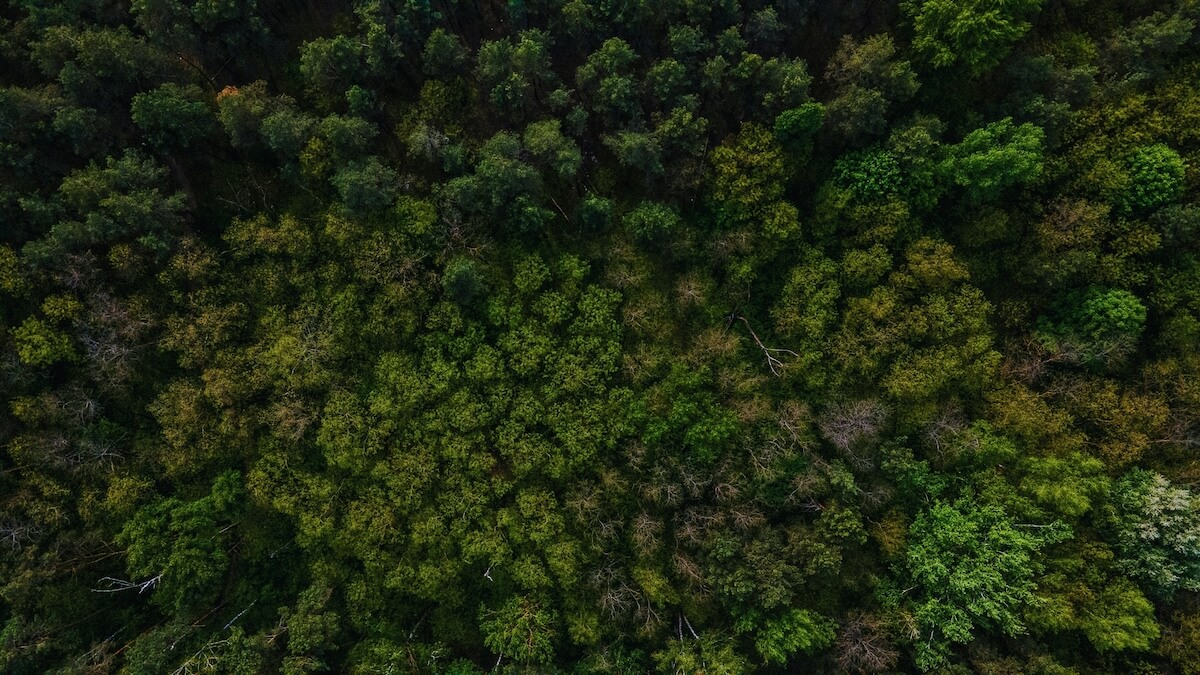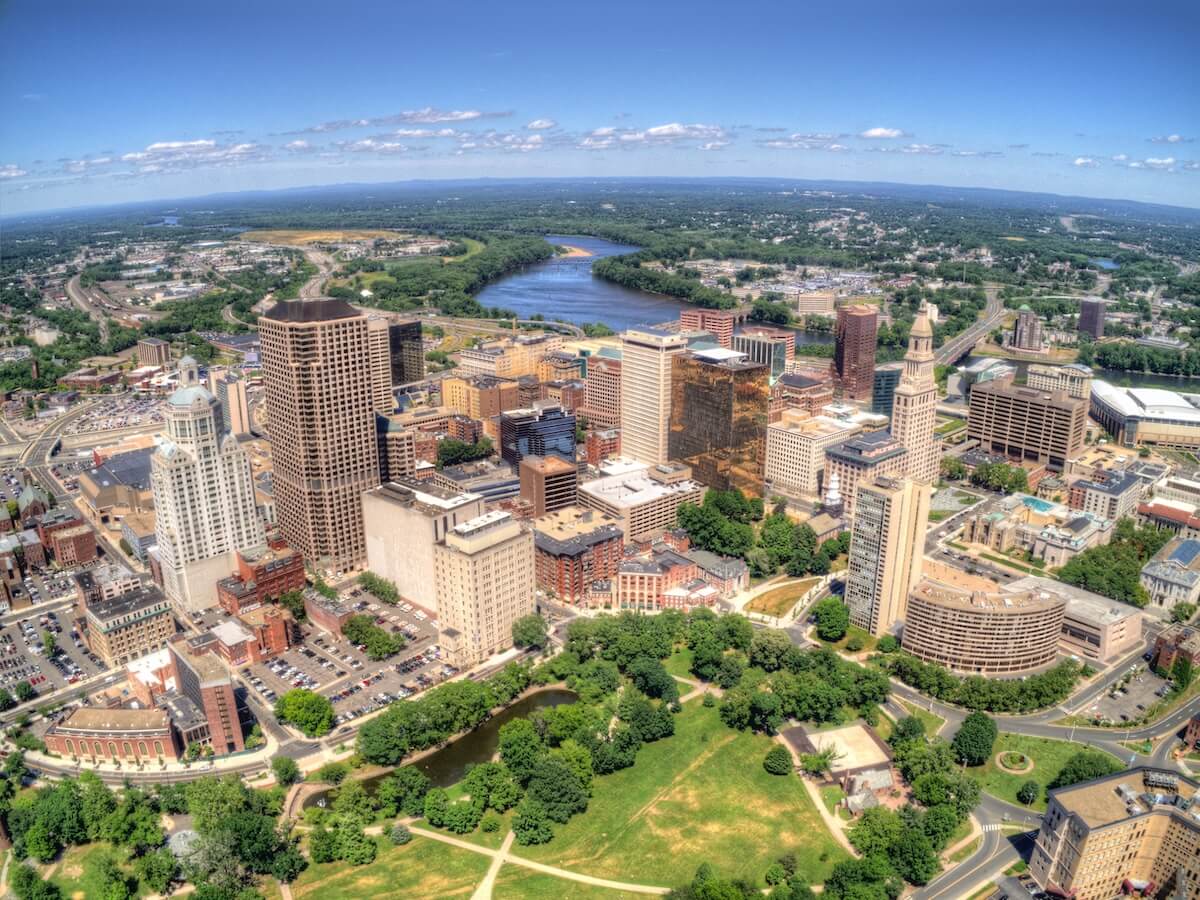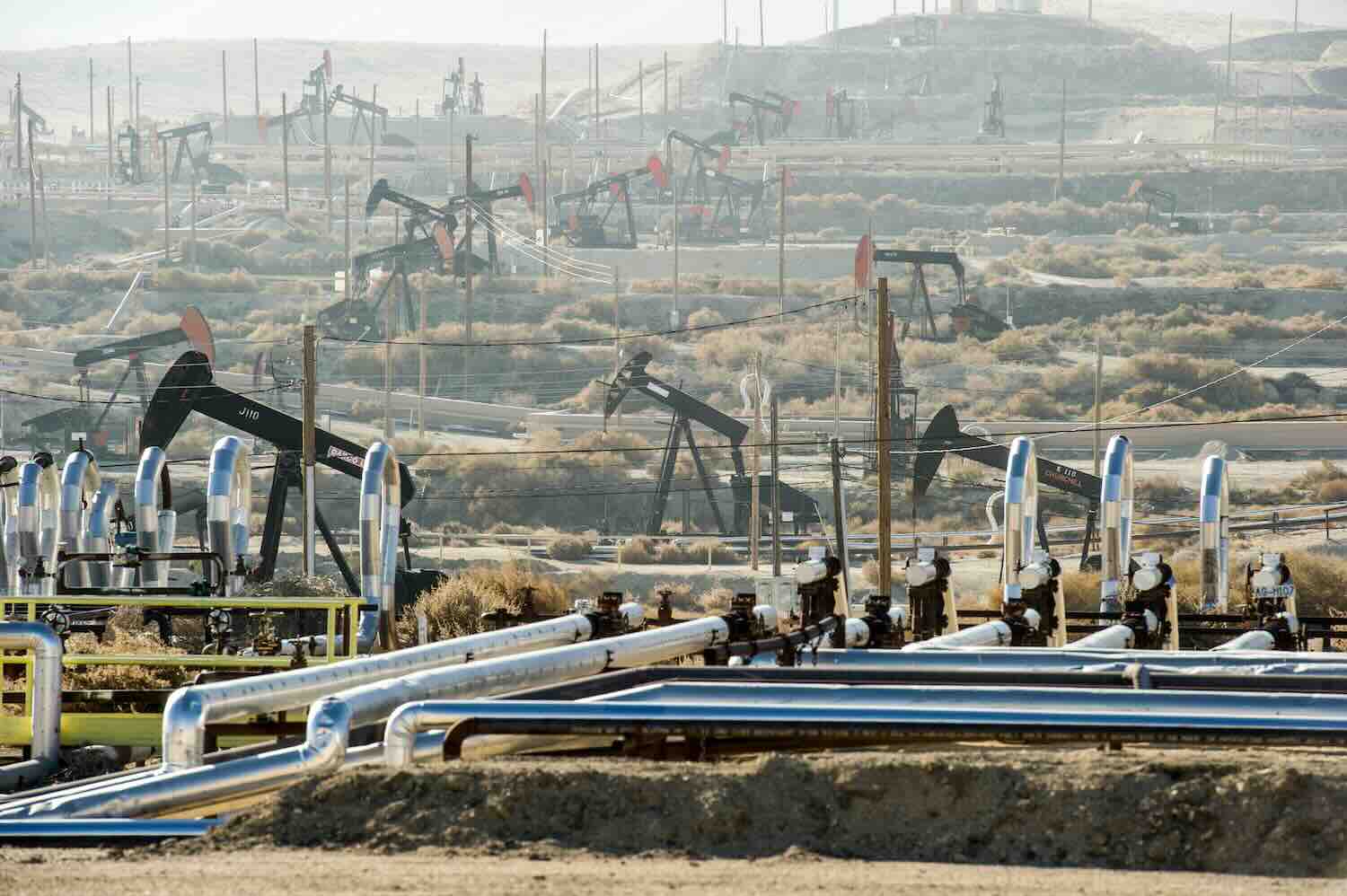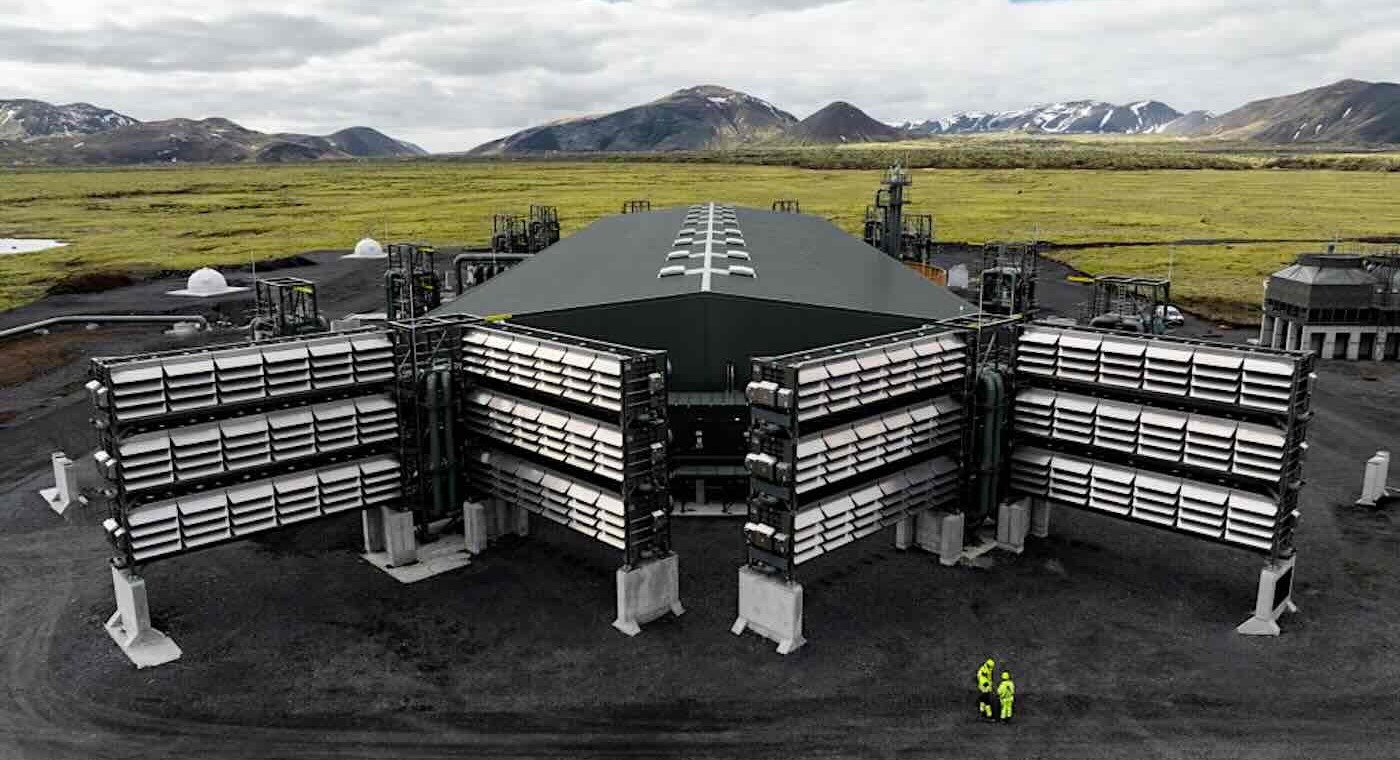South Pole appears to be steadying the ship after the fallout of an expose on “faulty credits” last March. The episode was a moment of reckoning for the Swiss carbon credit seller and for the voluntary carbon markets more broadly. South Pole cut ties with its founding CEO Renat Heuberger as well as its troublesome Kariba forestation project in Zimbabwe. It reorganized its risk and compliance team, appointed a chief risk officer and, in February, announced a new CEO.
The company’s three largest investors, Temasek’s GenZero, Lightrock and family office Corisol, have rewarded the efforts with new funding. The size of the round was not disclosed.
Shake up
South Pole’s Kariba project was found to be grossly overestimating how much deforestation it was preventing, the basis for the credits issued to corporate buyers to offset their emissions. Moreover, local communities weren’t receiving the benefits.
The scandal shattered confidence in the voluntary carbon markets. South Pole’s incoming CEO Daniel Klier, who headed sustainable finance at HSBC, vowed to put “trust and transparency [at] the heart of South Pole’s next chapter.”
Lightrock, the impact investing arm of the royal family of Liechtenstein, has been a South Pole investor since 2001. Temasek invested in 2022.











